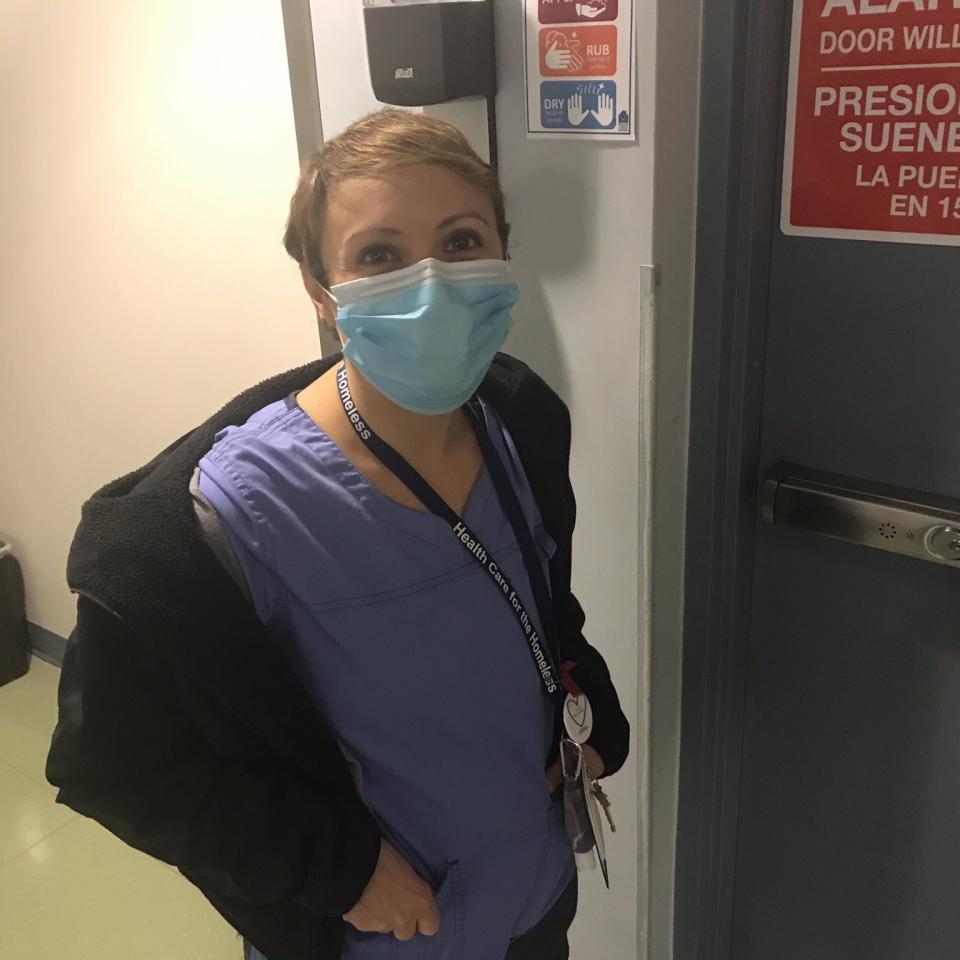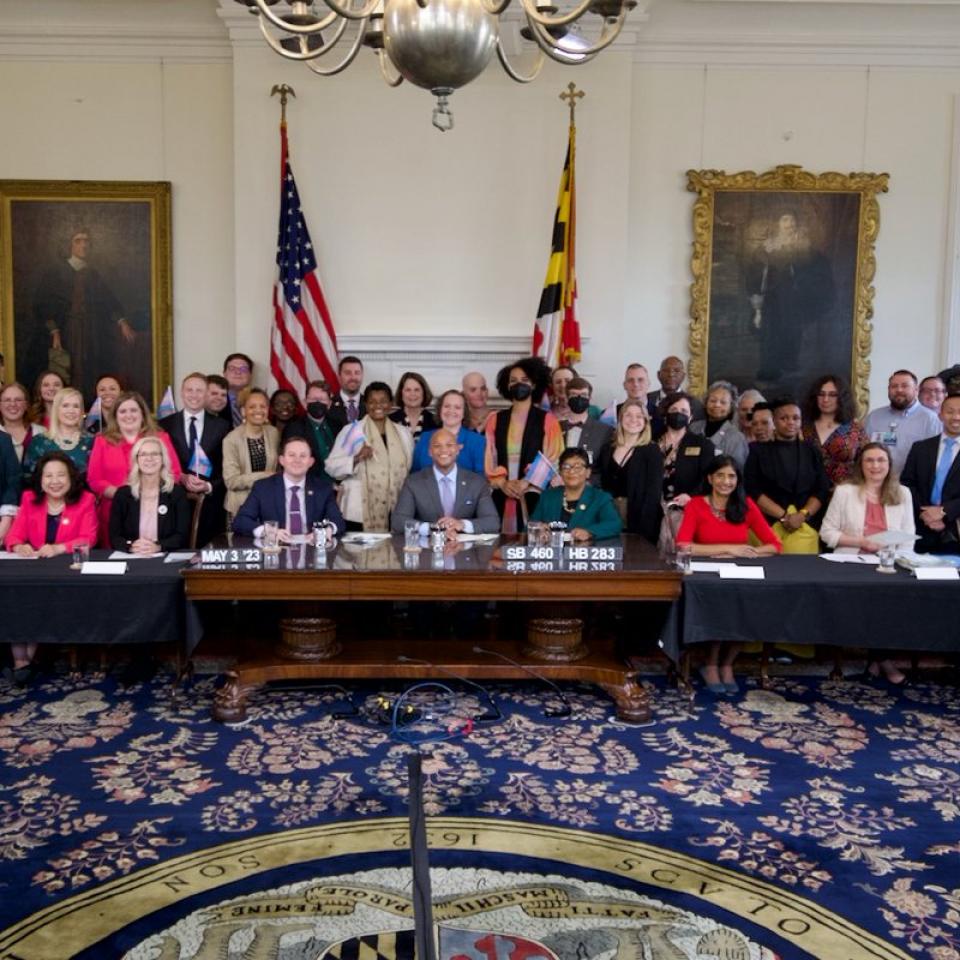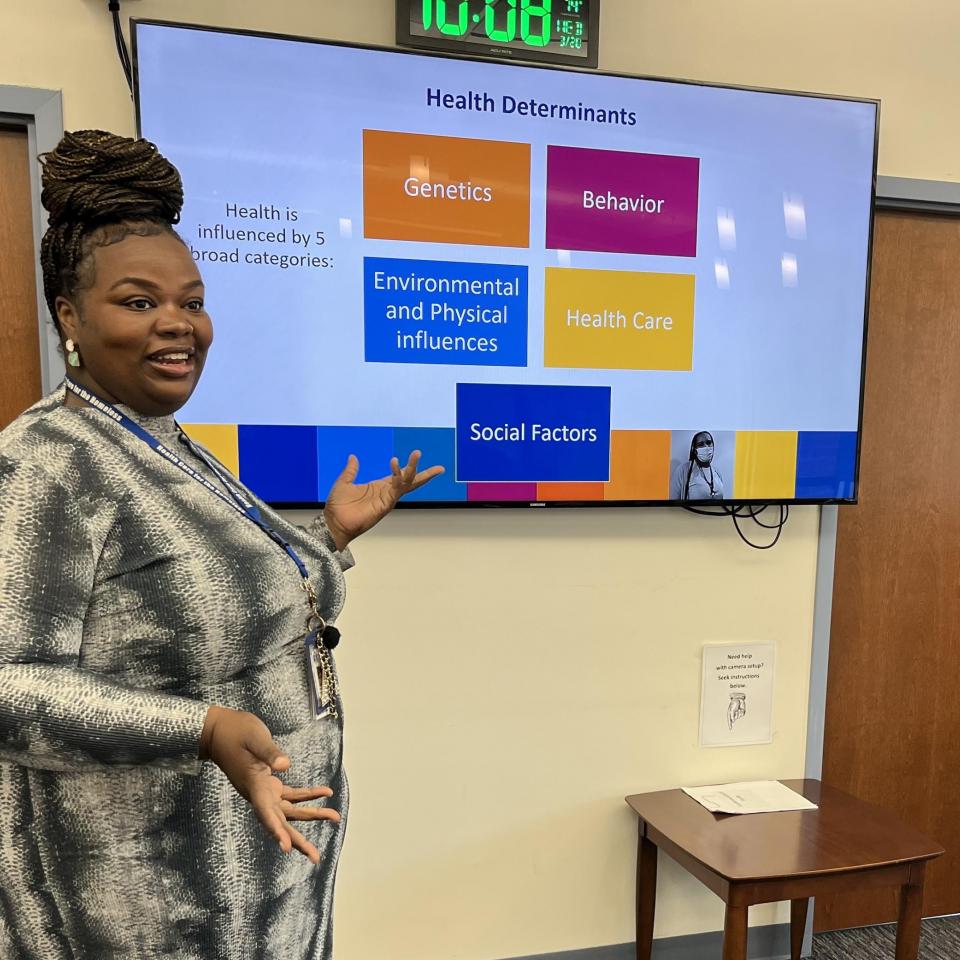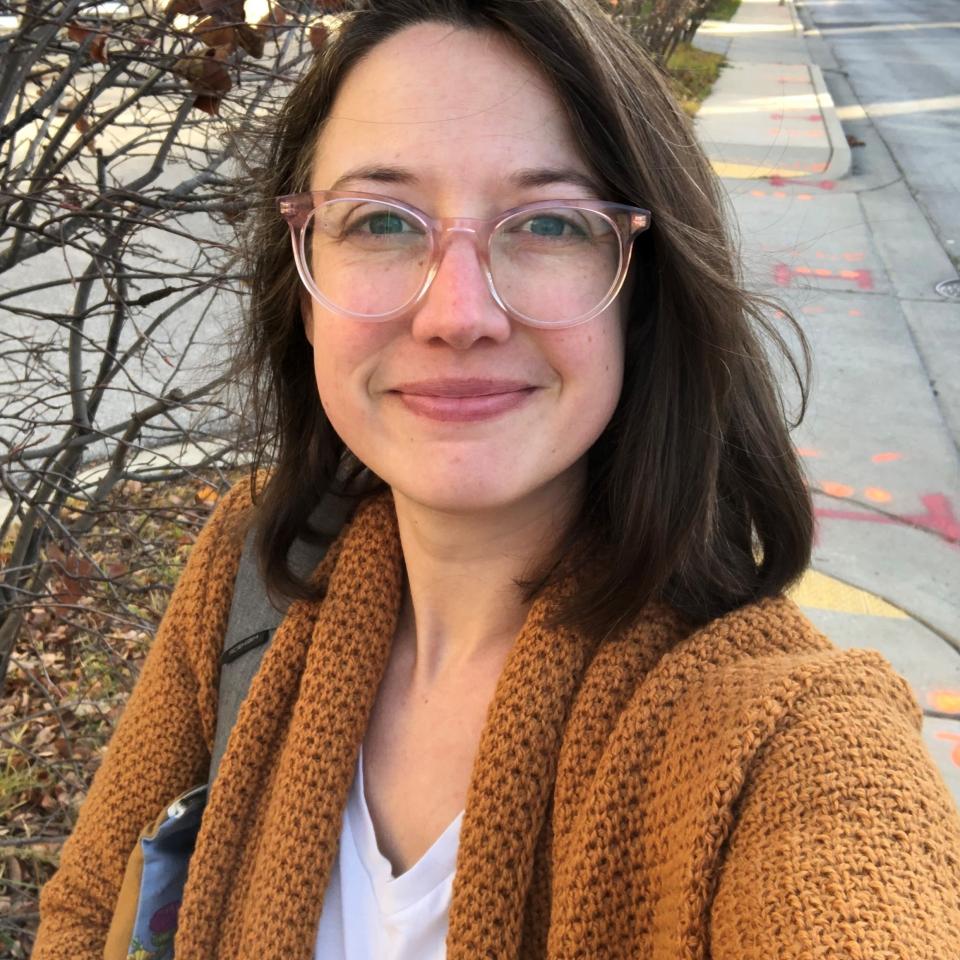Client storytelling is a staple of the nonprofit business model, ever present in advocacy, clinic tours, fundraising—and news articles like the one you are reading right now.


04.27.21
Medication-Assisted Treatment Nurse Coordinator Molly Greenberg discusses how our new Syringe Service Program (SSP) complements our commitment to equitable access to care.
This year we became the first Federally Qualified Health Center in Maryland to establish an SSP, joining 15 organizations already operating these programs. As smaller SSPs had to alter services during the pandemic, it became clear that offering clients who inject drugs a safe place to get clean needles was long overdue.
Can you give some background on Syringe Service Programs?
Community activists formed the first program in 1988 in San Francisco to help stop the spread of HIV among people who use drugs. Baltimore-based organizations like Baltimore Harm Reduction Coalition, Baltimore City Needle Exchange, Youth Empowered Society, SPARC and more have paved the way for us to offer this service.
How are clients reacting to the launch of SSP?
Clients have been asking about this for years. They often experience stigma and judgment from health care providers when discussing their substance use. Some have told me they avoid care for fear of being mistreated. SSP provides a space to be their authentic selves in a medical setting.
What does an SSP visit look like?
The client is always the expert. We talk about their drug use and work together to get them what they need. We have the opportunity to provide wound care, connect clients to STI testing, medication for opioid use disorder or any other services that align with their goals or needs.
Why is the launch of SSP especially important now?
Fentanyl has caused increased in overdoses for a long time. But, we also know that addiction is a disease rooted in and often fueled by loneliness. So many of my clients are feeling even more alone because of the pandemic and are having difficulty not using alone—putting them at a much greater risk of overdosing. Being able to offer SSP reminds clients that their lives are valued.
Where do structural racism and stigma around substance use intersect?
There are several intersections. The opioid epidemic only gained recognition when white suburbanites started to die. The War on Drugs places individual responsibility for addiction on People of Color and criminalizes them. If people fear that they will be judged because of their race and substance use, they are unlikely to access services in the first place.
What should community members take away from this conversation?
For deaths to decrease and for people to feel worthy of quality care, we need to take the time to understand the trauma they have faced. Then we need to exercise our power to change the legal, cultural and political systems that continue to cause that trauma.
More Recent News
The Trans Rights Advocacy Coalition (TRAC) has been the driving force in championing trans rights policy changes in Maryland. Due to stigma and structural discrimination, transgender people—particularly transgender people of color—experience high rates of homelessness. Following the implementation of the Trans Health Equity Act in January, we talked with TRAC leadership about their work and community.
Since starting in January 2022, REI Health Specialist Arie Hayre-Somuah, LMSW, MPH has worked with our clinical teams to identify health disparities and move us closer to health equity. This year, she is turning her focus to the topic of health literacy.
We are delighted to announce the promotion of Hanna Mast from Senior Communications Manager to Director of Communications. Get to know more about her work in the Q&A below!


